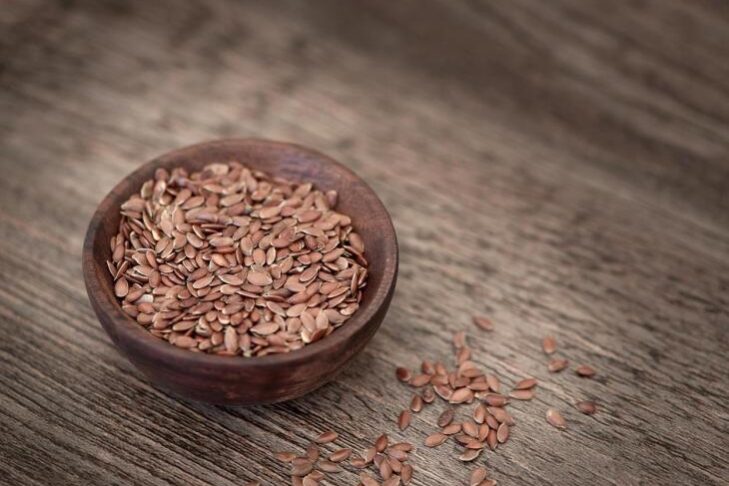Omega 3 fatty acids are a great source of energy and support the immune system, heart, blood vessels and lungs.
There are several types, one of them, alpha-linolenic acid (ALA) and is found in plant sources such as seeds or nuts.
The World Health Organization (WHO) recommends a daily intake of between 250 and 2,000 mg of omega 3 fatty acids.
According to the University of Navarra Clinic, flax seeds are one of the foods with the highest amount of omega 3 that exists, although other foods such as salmon are better known.
In 100 grams of seeds we can find 22.8 grams of this unsaturated fat, while there are 2.1 grams in salmon.
These types of seeds are also known to have properties to reduce blood cholesterol and ‘bad’ cholesterol levels.
In addition, chia seeds, quality vegetable oils, spinach, walnuts, Brussels sprouts, soybeans and seaweed are other foods with a great contribution of omega 3 acids.
The deficiency of these essential nutrients in our body is reflected in rougher and scaly skin, stiffness and joint pain, lack of concentration or a slowdown in metabolism.
Source: Ibiza and Formentera Newspaper. University of Navarra Clinic
Author: Digital Editorial Ibiza
Date: 11/14/23 10:46
Note: Nutrigenomics Institute is not responsible for the opinions expressed in this article.
Image of Petra on Pixabay






